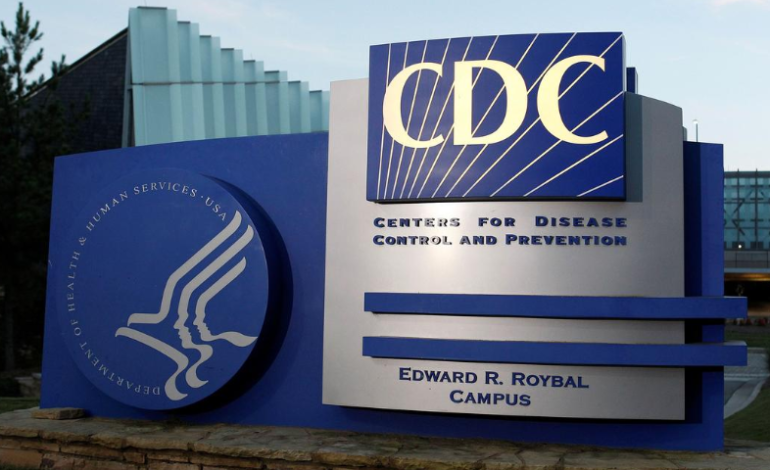ATLANTA — The United States Centers for Disease Control and Prevention (CDC) is planning to launch a nationwide study of up to 325,000 people to track how the coronavirus is spreading across the country and who may have developed antibodies to it, according to a CDC spokeswoman and researchers conducting the effort.
The study is expected to launch in June or July and will test samples from blood donors in 25 metropolitan areas for antibodies created when the immune system fights the virus, according to Dr. Michael Busch, director of the nonprofit Vitalant Research Institute.
Busch is leading a preliminary version of the study funded by the National Heart, Lung and Blood Institute and the National Institute of Allergy and Infectious Diseases, which is testing the first 36,000 samples, the report said.
The study will take samples over 18 months to see how antibodies evolve over time, according to CDC spokeswoman Kristen Nordlund. Vitalant, which runs blood donation centers and tests samples, will lead the broader effort as well.
These types of studies, also known as seroprevalence research, are considered critical to understanding where an outbreak is spreading and can help guide decisions on restrictions needed to contain it. The CDC study should also help scientists better understand whether the immune response to COVID-19 wanes over time.
The virus has been found in nearly 1.5 million people in the United States and has been attributed to about 90,000 deaths, according to Monday’s statistics.
The study will test blood from 1,000 donors in each of the 25 metro areas monthly for 12 months. Another 25,000 donors will be tested at the 18-month mark.
The CDC’s Nordlund said the study “is indicative of how leaders across the federal government are working collaboratively with partners in academia and in blood donation and testing industries” to monitor COVID-19.
“This has been done with West Nile virus, Zika and other emerging infectious diseases,” she added.
The six metro areas being surveyed in the precursor study are New York, Seattle, the San Francisco Bay area, Los Angeles, Boston and Minneapolis.
“We have selected sites to give a broad geographical distribution throughout the country,” said Dr. Graham Simmons, another Vitalant researcher involved in the project, including sites with high infection rates or places where rates may increase.
The CDC study may not “generate results that are generalizable to the population,” Thomas McDade, a researcher at Northwestern University, said in an interview.
But it could “substantially add to our understanding of (COVID-19) infections,” according to Dr. Susan Philip, deputy health officer at the San Francisco Department of Public Health.
A study conducted last week by the city of Boston and Massachusetts General Hospital found 10 percent of the population had COVID-19 antibodies, while another study by Spain’s government found exposure in 5 percent of people, suggesting 10 times the number of confirmed positive cases.






Leave a Reply